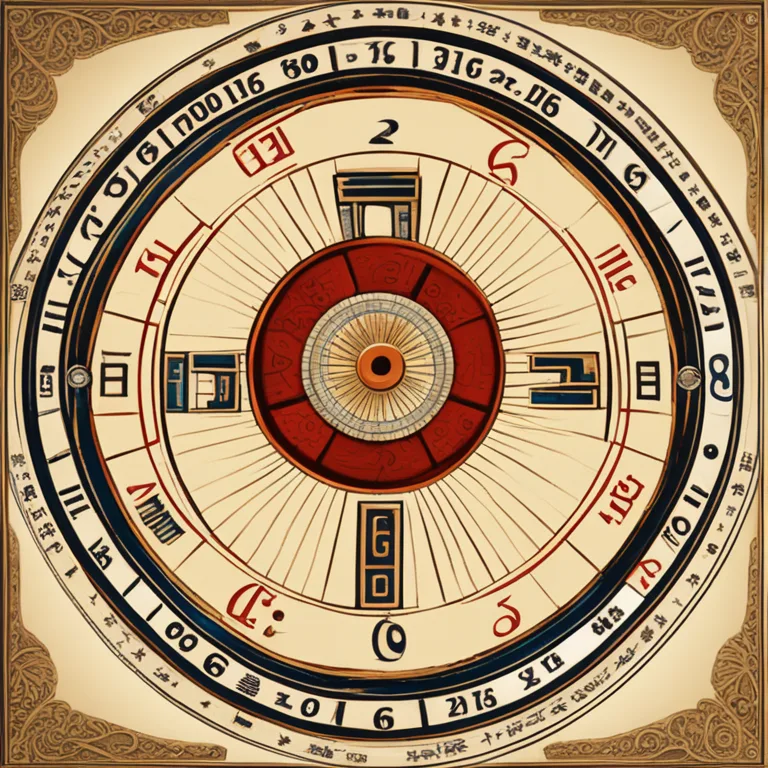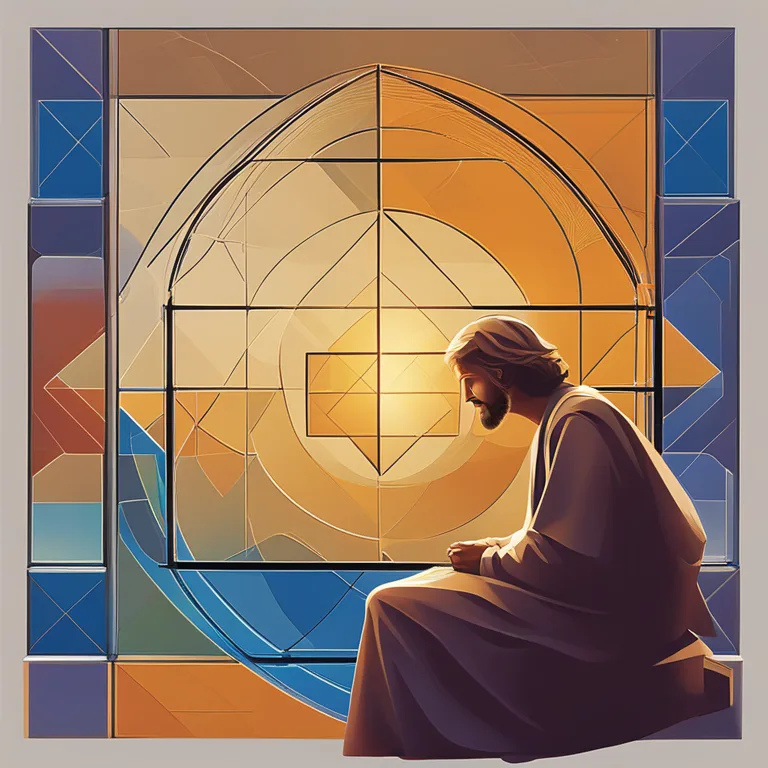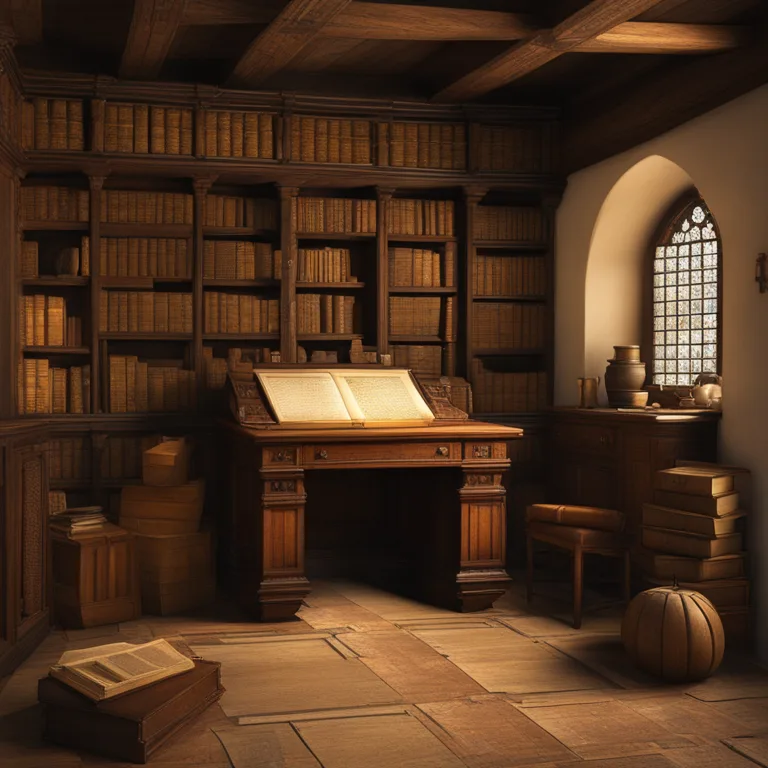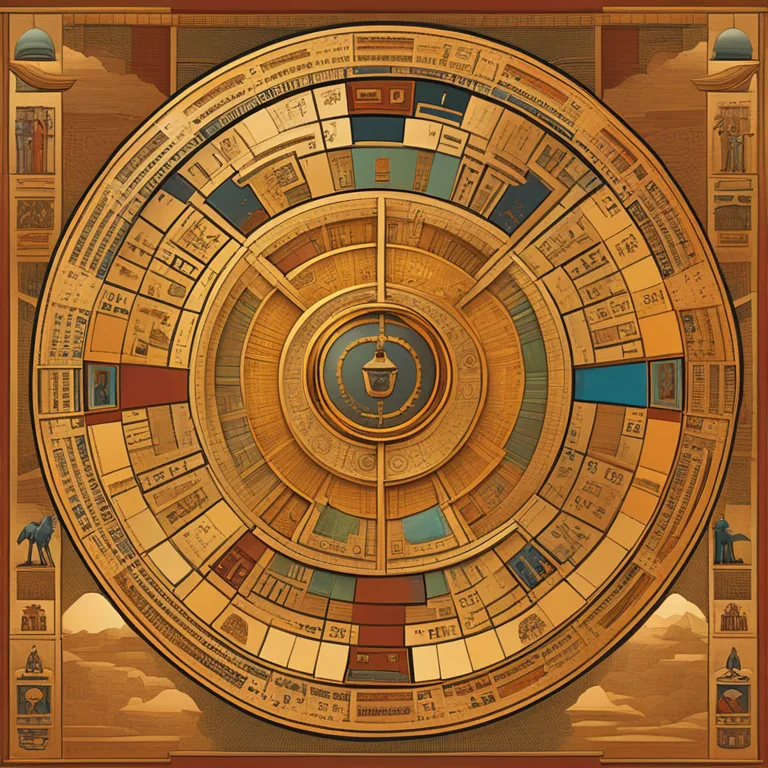
The Roots of Numerology
Discover the historical roots of numerology and its journey through time as a mystical and mathematical practice.
article by Sofia Ferguson
Ancient Foundations
Numerology, often seen as the mystical language of numbers, has a history as ancient as civilization itself. Its origins can be traced back to the earliest human societies, where numbers held symbolic and divine significance. The Chaldeans of Babylonia, for instance, were among the first to attach a spiritual meaning to numbers, influencing later numerological systems. Numerology further flourished in the work of the great philosopher Pythagoras, who believed that numbers had specific vibrational properties that transcended their mathematical value.

Pythagorean Contribution
Pythagoras, a Greek mathematician and philosopher who lived around 570–495 BC, is often credited with the formalization of numerology. His teachings incorporated the idea that numbers have qualitative aspects with spiritual and metaphysical significance. Fascinated by the idea that mathematics is the foundation of all life, his philosophy maintained that everything could be explained in terms of numbers, which had relationships with one another and contained elements of the divine.

Cross-Cultural Expansion
As civilizations connected through trade and conquest, numerological practices spread and evolved. The ancient Egyptians used numerology in the planning and construction of their architectural marvels, seeing numbers as integral to understanding the cosmic plan. Vedic traditions in India formulated their own numerological insights, while China developed the I Ching, which related numbers to the natural flow of the universe.

Medieval and Renaissance Revival
During the Middle Ages and the Renaissance period, numerology and related esoteric knowledge were often studied alongside alchemy and astrology. Scholars like Agrippa and John Dee delved into numerology in an attempt to decipher the workings of the natural world. With the advent of the printing press, numerological texts became more widely available, entering the public sphere and further embedding the practice in cultural traditions.

Modern Interpretation
In the 20th century, numerology experienced a resurgence, gaining popularity particularly with the publication of "The Romance in Your Name" by Juno Jordan, who is considered the mother of modern numerology. This era saw numerology becoming more accessible to the public, transforming into a tool for personal insight and self-discovery. As we move further into the 21st century, numerology continues to evolve, incorporating modern psychological insights and statistical data, making it more relevant than ever.
Numerology Today
Today, the practice of numerology has been significantly influenced by technological advancements, enabling practitioners to create detailed charts and interpretations using sophisticated software. Moreover, the internet has facilitated the spread of knowledge and methods from various cultures, making today’s numerology a truly global phenomenon. With increasing interest in personal growth and spirituality, numerology's role as a reflective tool is firmly established within modern society.
Published: 12/21/2023
Modified: 12/21/2023
More predictions
Come back here soon to learn more about yourself and your future


Numerology: A Historical Insight
The article delves into the historical inception of numerology, tracing the roots and evolution of this ancient practice.


The Essence of Numerology's Spiritual Dimensions
Delve into numerology's spiritual meanings and discover how numbers shape your spiritual journey and destiny.


The Origins of Numerology
Tracing the Roots and Founding Minds Behind Numerology